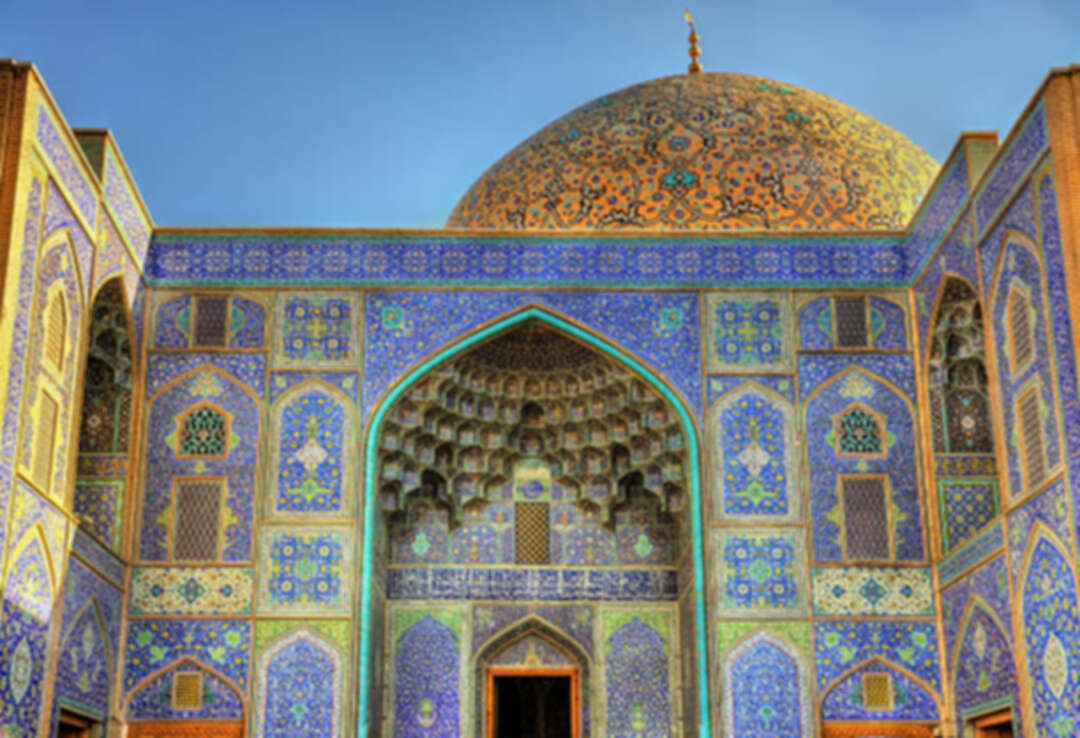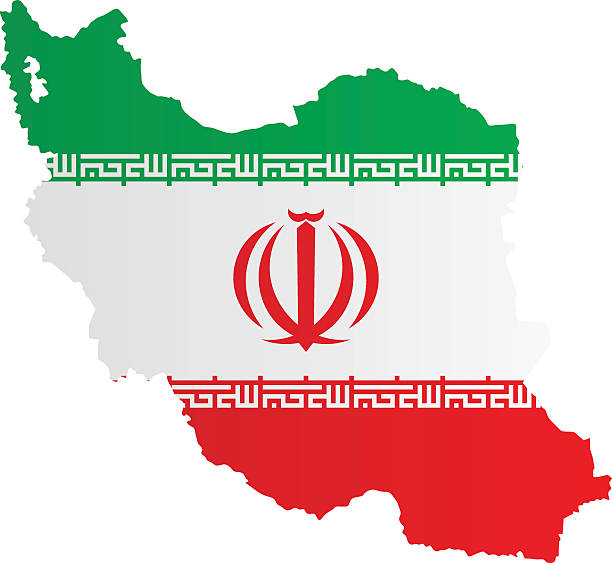-
Mullahs, the masters of hypocrisy!

Before entering Iran, Khomeini, while in Paris, spoke of freedom and well-being of the people and that in Islam, freedom is one of the most fundamental principles. He promised free water and electricity for the people. He said that after coming to Iran, he would go to the city of Qom as a simple cleric and would not interfere in politics. However, when he grabbed the power, he consciously and selectively gave up all his promises and established a religious dictatorship called Velayat-e-Faqih ( Guardianship of the Islamic Jurist) under the pretext of establishing an Islamic state.
He did his best to eliminate all his opponents by either killing them or locking them up. He did not even show mercy to those who helped bring him to power, such as Sadegh Ghotbzadeh, who was his foreign minister, and executed him and Bani-Sadr, who became Iran’s first president, but was forced to flee Iran for fear of having a similar fate as Ghotbzadeh.
Khomeini legitimized all forms of torture, even to the point of death in prisons. He executed thousands of teenage girls and boys just because they opposed his ideas and demanded freedom.
He allowed the rape of girls in prisons and sent tens of thousands of schoolboys to their death in minefields during the eight years war with Iraq to fulfill his desire to conquer Iraq.
 Iran...pixabay
Iran...pixabayDiscrimination is one of the prominent characteristics of Mullahs’ regime. That is why we see that while the majority of Iranians now live below the poverty line, the affiliates of the regime's leaders have millions of dollars in wealth, and their children live like kings and queens in the United States and Europe.
With this introduction, it is very clear that the treatment of the regime's elites is not the same as ordinary people. While most Iranians are deprived of basic medical treatment and many small towns do not have hospitals and specialist doctors, regime leaders and their affiliates go to Europe for medical treatments when needed. For example, Mojtaba, son of Ali Khamenei, and his wife went to London accompanied by his mother-in-law and 20 bodyguards, rented a floor of an expensive hotel, and stayed there for two months for treatment of his wife.
This was a glimpse at the major discrimination in the treatment of ordinary people and the regime's officials and affiliates.
The deprived people on the outskirts of cities and ethnic minorities such as Balochs, Kurds, and Arabs, whose provinces are among the poorest in Iran are doubly oppressed compared to other provinces in terms of medical facilities and care.
For example, according to Moinuddin Saeedi, a member of parliament from the city of Chabahar in the province of Sistan and Baluchistan, with a population of more than 800,000, there is only one hospital with 196 beds, which also lacks the requirements to treating coronavirus. Or, according to Malek Fazeli, a representative of the city of Saravan, this city of 480,000 people has only one hospital and does not have any ward for treatment of coronavirus.
The same situation prevails in many of these deprived areas while regime leaders brag about social justice!
With the outbreak of coronavirus, all Iranians fell victim to the anti-human policies of the mullahs. The pandemic coincided with the parliamentary elections in Iran. Although several people in the city of Qom had contracted the disease before the election, and some doctors had warned about an imminent outbreak of the virus, on Khamenei’s behest, (since he wanted to fill up the parliament with his direct affiliates in an engineered election and defeat the opposition and did not want any interruption in his plan), regime officials, including the Ministry of Health, denied the existence of any coronavirus patient in Iran and took no action to quarantine Qom or ban flights from China that caused the outbreak. As a result, the disease spread throughout the country at a rapid rate.
Furthermore, when the disease was taking heavy casualties all over Iran, Khamenei banned the import of vaccines from the US, France, and Britain. They did not even accept the help offered by other countries and did not allow entry to a team of Doctors Without Borders from France that brought a field hospital with them. They return them to France. Because they knew that with their presence, the catastrophic situation of the disease in Iran would become public and they could no longer hide it.
This led to the killing of many people in Iran. According to reliable statistics obtained by the People’s Mojahedin Organization of Iran (PMOI) from its sources inside Iran, the actual number of victims has reached over 460,000. But Khamenei, fearing a backlash from the people, always put the figure at a quarter of the actual number, threatening to silence the doctors and those who challenged the figures or provided real figures
In essence, Khamenei's intention was to keep the people of Iran occupied with the coronavirus and forget about the social and economic challenges they were dealing with. Khamenei was fearful that because of people's discontent with its regime, another widespread uprising, similar to the November 2019 uprising, might take place. At the same time, he banned any gathering under the pretext of fighting the disease. To achieve his goal, Khamenei used the network of Friday prayer Imams to blame all the shortages of vaccine - medicine and equipment on the United States and sanctions. While the United States has repeatedly stated that imports of medication and medical equipment were never among the sanctioned items.
Meanwhile, the mafia in control of the drug supply, instead of buying vaccines from the countries that succeeded in producing them, looted more than $ 120 million, with the promise that Iran itself is producing vaccines. But after two years, under various excuses, they broke their promises to produce a domestic vaccine. Meanwhile, their fraudulent action inflicted heavy casualties on the people who paid a big price for it.
But now, after nearly two years of the outbreak, while many Iranians have lost one or more family members to this disease, everyone blames Khamenei for this situation. It is quite clear to the Iranian that the main culprit is Khamenei, and this can be seen in the statements of people on social media who want Khamenei and the regime leaders held accountable for this massacre.
by: Cyrus Yaqubi
Cyrus Yaqubi is a Research Analyst and Iranian Foreign Affairs Commentator investigating the social issues and economy of the Middle East countries in general and Iran in particular.
You May Also Like
Popular Posts
Caricature
BENEFIT Sponsors BuildHer...
- April 23, 2025
BENEFIT, the Kingdom’s innovator and leading company in Fintech and electronic financial transactions service, has sponsored the BuildHer CityHack 2025 Hackathon, a two-day event spearheaded by the College of Engineering and Technology at the Royal University for Women (RUW).
Aimed at secondary school students, the event brought together a distinguished group of academic professionals and technology experts to mentor and inspire young participants.
More than 100 high school students from across the Kingdom of Bahrain took part in the hackathon, which featured an intensive programme of training workshops and hands-on sessions. These activities were tailored to enhance participants’ critical thinking, collaborative problem-solving, and team-building capabilities, while also encouraging the development of practical and sustainable solutions to contemporary challenges using modern technological tools.
BENEFIT’s Chief Executive Mr. Abdulwahed AlJanahi, commented: “Our support for this educational hackathon reflects our long-term strategic vision to nurture the talents of emerging national youth and empower the next generation of accomplished female leaders in technology. By fostering creativity and innovation, we aim to contribute meaningfully to Bahrain’s comprehensive development goals and align with the aspirations outlined in the Kingdom’s Vision 2030—an ambition in which BENEFIT plays a central role.”
Professor Riyadh Yousif Hamzah, President of the Royal University for Women, commented: “This initiative reflects our commitment to advancing women in STEM fields. We're cultivating a generation of creative, solution-driven female leaders who will drive national development. Our partnership with BENEFIT exemplifies the powerful synergy between academia and private sector in supporting educational innovation.”
Hanan Abdulla Hasan, Senior Manager, PR & Communication at BENEFIT, said: “We are honoured to collaborate with RUW in supporting this remarkable technology-focused event. It highlights our commitment to social responsibility, and our ongoing efforts to enhance the digital and innovation capabilities of young Bahraini women and foster their ability to harness technological tools in the service of a smarter, more sustainable future.”
For his part, Dr. Humam ElAgha, Acting Dean of the College of Engineering and Technology at the University, said: “BuildHer CityHack 2025 embodies our hands-on approach to education. By tackling real-world problems through creative thinking and sustainable solutions, we're preparing women to thrive in the knowledge economy – a cornerstone of the University's vision.”
opinion
Report
ads
Newsletter
Subscribe to our mailing list to get the new updates!






















